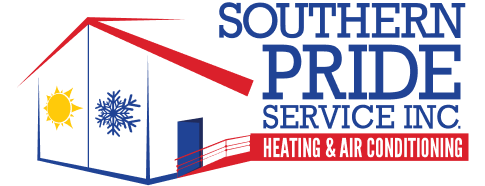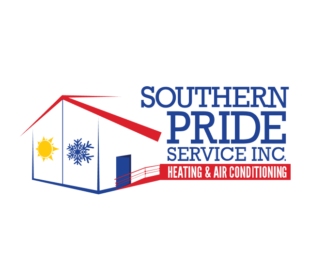Understanding HVAC Warranties and Why Maintenance is Critical For Your Investment
Large HVAC equipment, and truly any mechanical equipment, means that it requires service as it operates. While you generally receive a standard parts warranty from a manufacturer, an extended service agreement helps you project the costs and protect your future budget. Understanding what your warranty includes is the first step in this process.
The Low Down On Extended Warranties
Typically, an extended warranty covers the failure of a part or component of the product due to the malfunction of the unit or one or more of its parts or components. The extended warranty is on the furnace, boiler, or air conditioner and not on accessory components not included as part of the equipment.
What are accessory components?
- Thermostats (not specifically covered)
- Condensate pumps
- Registers
- Humidifiers
- Ultraviolet air purifiers
- Filters
- Air vents (boilers)
- Backflow preventers (boilers)
- Zone valves (boilers)
- Pressure reducing valves (boilers)
- Expansion tanks (boilers)
- any item not included in ‘box’…
Your heating and cooling equipment is a large investment. To protect that investment and make it last as long as possible, an HVAC maintenance agreement is a must. Without proper maintenance, an extended warranty will not cover the following failures:
- Failure caused by lack of electrical power (external fuse or circuit breaker blown, switch turned off, meter failure, etc.) or lack of natural gas (gas line shut-off, problem with meter, etc.). Why: The unit would have functioned correctly with power or fuel – not the fault of the manufacturer.
- Failure caused by lack of maintenance (plugged filters, lack of cleaning, plugged condensate lines, dead batteries, etc.) Why: The manufacturer requires maintenance to be performed on the unit; maintenance-related failures are excluded.
- Failure caused by exhaust or air intake vent blockage – failure caused by factors outside of manufacturer control.
- Failure caused by external component failure: includes all of the accessory components listed above or failure of the distribution system (i.e. ductwork or piping).
- Failures caused by acts of God, natural disasters, abuse, and anything acting upon the equipment beyond the control of the manufacturer.
- Loss of performance or aesthetics.
Why a Maintenance Agreement is Critical in Protecting Your Investment, and How It Affects an Extended Warranty:
Our HVAC maintenance plan can help you lower your utility bills, extend the life of your equipment, reduce and eliminate the need for expensive repairs and ultimately increase the performance of your heating and cooling system.
Some warranties require proof of equipment maintenance as required by the manufacturer. For more guidance, you will need to consult your warranty paperwork for confirmation.
What are some of the eligibility requirements to look for in your HVAC extended warranty?
Maintenance agreement benefits are provided for systems where maintenance is performed and provided.
- An agreement that provides maintenance for the furnace only does not provide discounts for a cooling problem.
- An agreement that provides maintenance for the air conditioner only does not provide discounts for a heating problem.
- The same goes for other maintenance agreement products (coverage is extended only to the specific product(s) identified in the agreement.)
What about furnace blower failures in a no-cooling situation? Cross-over situations require that both furnace and air conditioner maintenance be performed to be eligible for benefits.
Let Us Help With Your Maintenance:
Avoid costly repairs, extend the life of your system, and achieve peace of mind when you sign up for our maintenance plan. Enjoy the convenience of pre-scheduled system check-ups and long-term savings when your heating and cooling system is regularly maintained by our experts.






